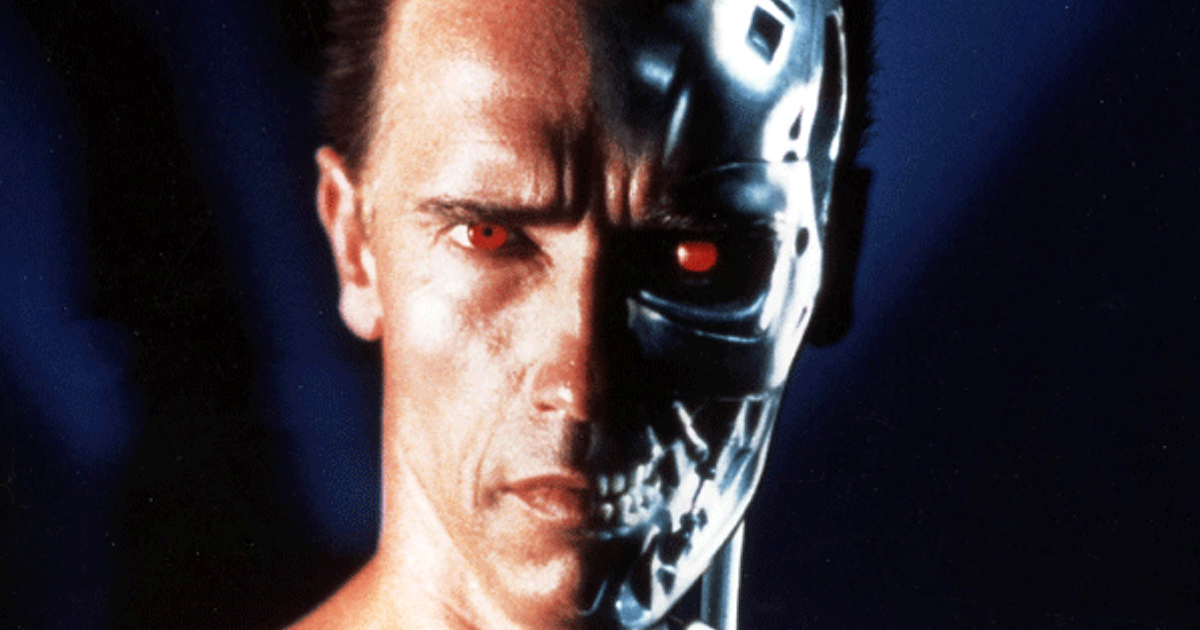|
By Austin Pace
As candidates begin to put their names in the hat for the presidential race, one candidate is running almost solely on one issue. Andrew Yang, a former lawyer and entrepreneur, wants Universal Basic Income to be implemented for all 18-64 year-olds. His argument for this, per his website, is “a third of all working Americans will lose their job to automation in the next 12 years. Our current policies are not equipped to handle this crisis.” Will Technology Cause An Unemployment Crisis? Yang joins a growing list of vocal supporters who insist technology advancements will result in massive unemployment, and therefore UBI is necessary for society. This is not a new idea. The idea that technology destroys jobs and will cause massive unemployment prevails despite history demonstrating otherwise. It’s a disproven myth. After all, if technology had been destroying jobs for the hundreds of years people have been arguing about automation and machines, there would be hardly any jobs left. This is of course not true. Bulldozers took the place of men with shovels. Cars put railroad workers out of business. Elevator operators, typists, blacksmiths, and manual telephone operators jobs all vanished over the 20th century. Yet official unemployment in September of 2018 was the lowest in nearly 50 years. In fact, the labor force participation rate has actually gone up since mid-century due to women entering the workforce. We have more jobs now than ever. Predictions of technology harming the workforce have constantly failed since the dawn of technology itself. Despite this, Yang says automation in the next 12 years will cause a crisis. He claims UBI will handle that crisis. He is wrong on both accounts. Technology Fear-Mongering is Unrealistic and Unfounded Technology serves to make the economy stronger. Machines and tools make us more productive. The entire goal of economic progress is to make us more productive, more efficient, have more consumer goods available, more leisure time, and higher standards of living. This is achieved by higher productivity and efficiency. We are better off not needing twelve people with shovels to do the same thing as a bulldozer. Yang zeroes in on truck drivers in particular. He cites the 3.5 million truck drivers in the nation. Where will those drivers be if their jobs are automated away in 12 years (as if all companies can afford and will buy self-driving 18 wheelers in that time frame)? We should ask what happened to all of the VHS manufacturers, the landline phone manufacturers, and video store workers? What happened to the 1.5 million railroad workers or the typewriter makers and technicians? Labor is fluid and finds new work. Job hopping has already been on the rise. People learn new things and get new jobs. They do it constantly. Society creates and destroys different kinds of jobs through technology. Markets adjust and people will find new work, just as has been in the past. The prediction that technological advancement will be too rapid for us to adjust is a hollow, misguided forecast that lives on despite its losing record. Universal Basic Income is Unaffordable Aside from that, let's look at the economics of Universal Basic Income. Yang’s proposal is $1,000 a month for all people aged 18-64. The reason he cuts it off at 64 might be that his proposal is essentially Social Security for all and the existing program begins around age 62. The total cost of his proposal would be around $2.5 trillion dollars per year. He claims this can be done be creating a massive Value Added Tax and eliminating money elsewhere in the budget from an already $4 trillion dollar budget. This is not feasible and would certainly add onto the over $22 trillion dollar debt tab of the Federal government. Ultimately, the plan is just an expanded variation of existing welfare programs that expands to fiscally unsustainable levels and add a huge tax on the nation. Wrong Diagnosis, Wrong Prescription Job displacement does occur and people must adjust. It's worthy to take notice of this and know that people can use help when finding new jobs and new careers. However, technology should not be avoided and feared because it replaces currently existing jobs. It makes our lives better and leads to the liberation of labor for newer, better jobs. The next generation of technological development and automation won’t result in a joblessness crisis. To the manageable extent that technology does displace jobs, Universal Basic Income doesn’t help this in any meaningful or realistic way. Yang wants to provide an ineffective, unaffordable solution to a problem that doesn’t exist. Austin Pace is an operations analyst in the logistics industry. He lives in Austin, Texas. This article was originally published at The Mises Institute. Comments are closed.
|
Archives
July 2024
|


 RSS Feed
RSS Feed



